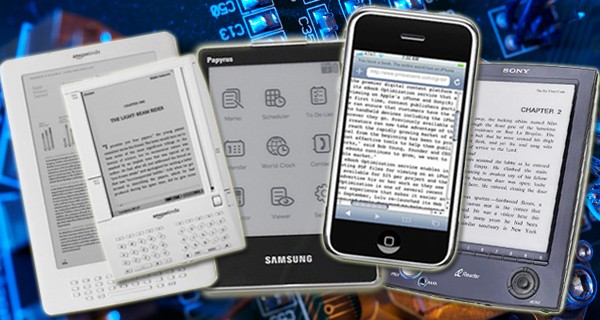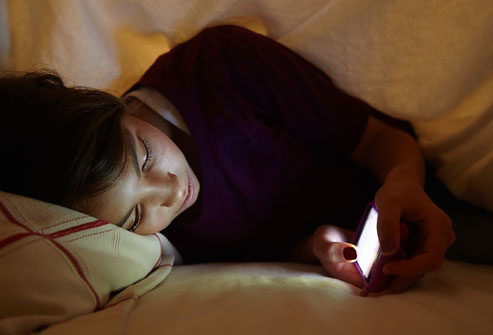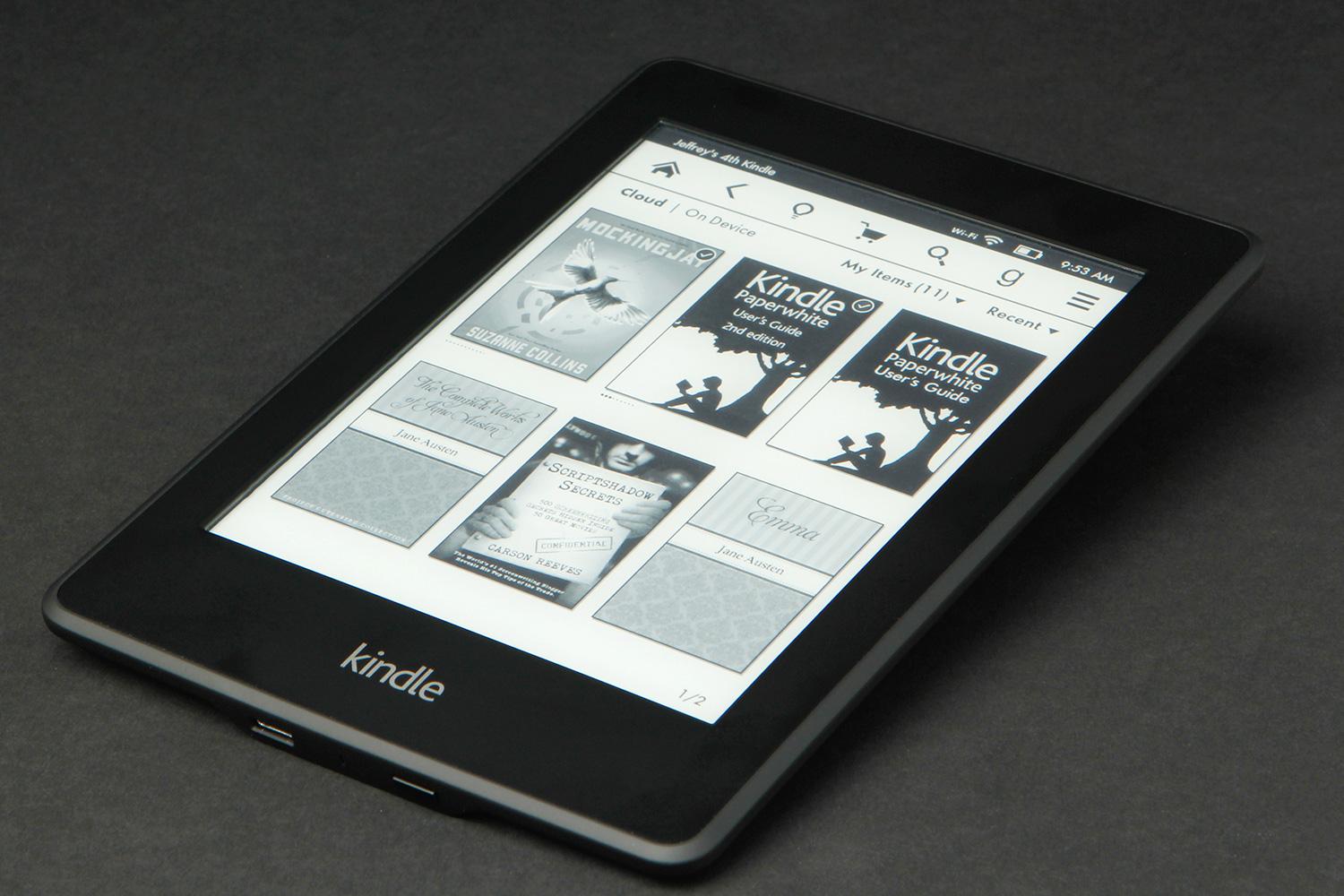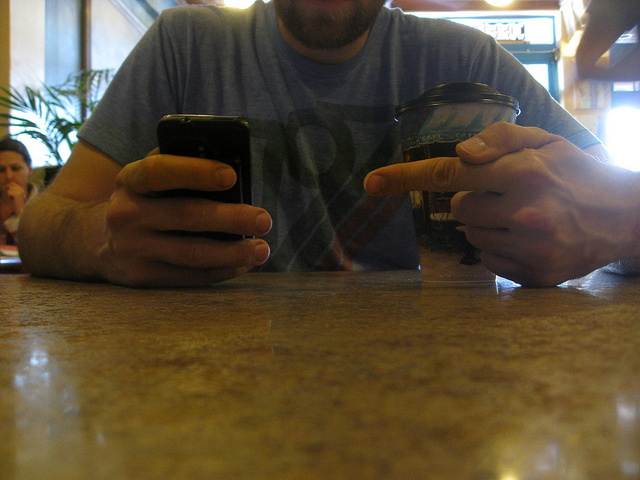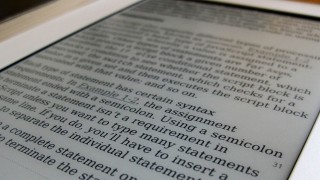
Reading e-books at bedtime is a potentially deadly habit, a new study has shown. E-books destroy most of the components necessary for a good quality sleep, and lack of sleep can lead to life-threatening diseases such as cancer and heart disease. The report has been published in the peer reviewed journal Proceedings of the National Academy of Sciences.
Reading e-books just before trying to get some shut-eye can interfere with important circadian rhythms which govern the body’s cycle of sleep, the Belfast Telegraph reports. The study compared people who read e-books before turning in for the night to those who read real books on paper. Those who used the electronic devices had significantly reduced quality of sleep and took a longer time to fall asleep. They were also groggy the next day. This lack of alertness is just one example of how e-books can be deadly as many fatal car accidents have been known to be caused by tired drivers.
The e-books also give off a light that has been linked with a suppression in melatonin, which is a hormone that helps people fall asleep. The study researchers stated that the use of e-books before bedtime “can have adverse impacts on performance, health and safety.” The negative impact on health from e-books is so significant, scientists say that additional research to study the deleterious effects is “urgently needed.”
Digging into e-books at bedtime is a potentially deadly habit, but it is far from being the only negative effect from engaging with electronic readers. Additional negative effects from using e-books can be felt not just at bedtime, but at all times. E-books are proven to reduce reading comprehension and can possibly lead to lower grades in school. Overall, multitasking on gadgets is linked with lower production at work and a shortened attention span. Multiple studies have shown that children who read e-books retain less information than children who read from real books, and those who use electronic readers also read more slowly than those who read from paper.
People who read from e-books also experience a reduction in brain synapses. Handling an organic material such as paper has been proven to be superior for brain activity over handling an electronic screen because reading from paper is a tactile experience. Reading from e-books drains our mental capacity and tires us out more easily because it is more difficult for our brains to establish the topography of the text.
Besides disrupting the quality of sleep, possibly leading to long-term deadly consequences; causing reduced reading comprehension, lower productivity and exhaustion; and reducing our overall brain function, e-readers can lead to eye strain, headaches and dry eyes.
In short, a growing body of evidence indicates that e-readers are bad for the brain and terrible for overall health. The study showing that reading e-books at bedtime is a potentially deadly habit is just another in a long list of problems caused by technology; problems that the manufacturers do not seem to be addressing. Between the hacking attacks, negative health consequences and dire psychological illnesses that inevitably accompany technology overuse, some are questioning whether a return to a better way of doing things, such as reading real books, for example, might be on the horizon.

